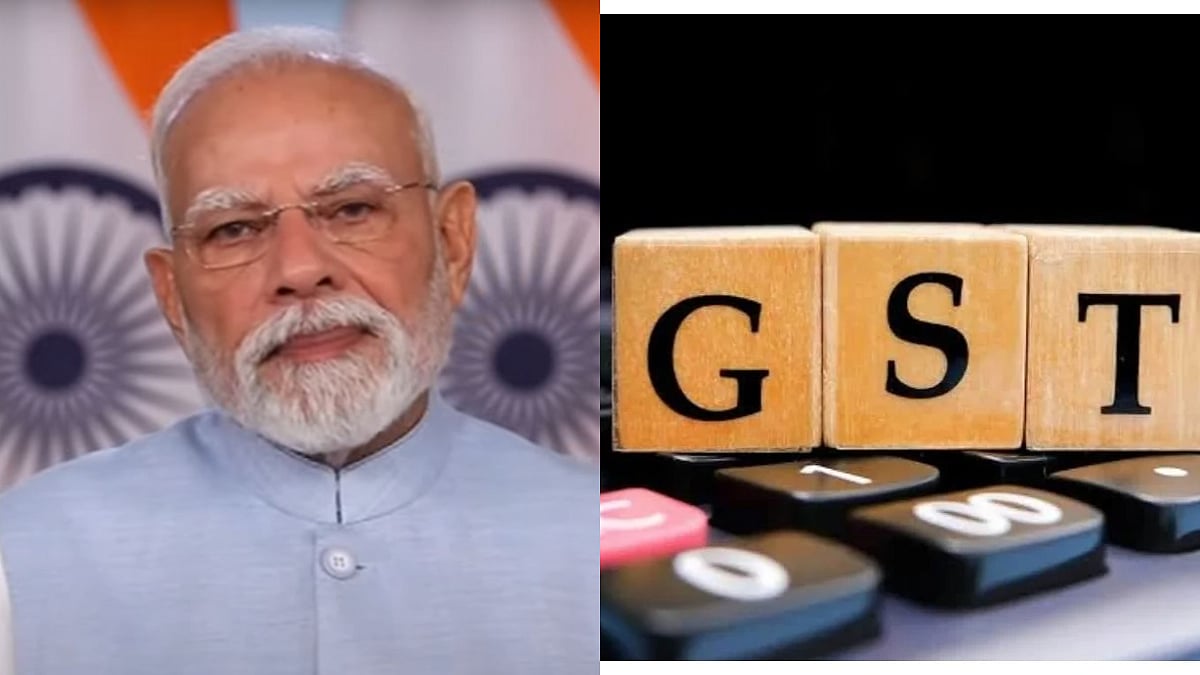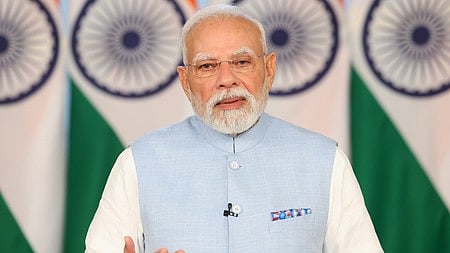New Delhi: Prime Minister Narendra Modi on Sunday announced that the new NextGen GST reforms will come into effect from September 22. He described this move as India’s ‘Bachat Utsav’ (festival of savings).
PM Modi said the GST journey that started in 2017 has changed India’s old tax system. “Before GST, people and traders were trapped in many complicated taxes like octroi, entry tax, VAT, excise, service tax, and sales tax. Sending goods from one city to another meant crossing countless checkpoints. GST ended this web of taxes,” the Prime Minister said.
What Changes Now?
Earlier this month, the GST Council, chaired by Union Finance Minister Nirmala Sitharaman, announced big reforms in the tax structure. The major change is the slashing of the 12% and 28% slabs, making goods cheaper and easing the burden on consumers.
With this reform, the GST system now becomes simpler and easier to follow for businesses of all sizes.

Special Taxes on Luxury and Sin Goods
However, the government has kept a 40% slab for luxury and sin goods. This means high taxes will still apply to items like tobacco, pan masala, cigarettes, bidis, sugary aerated drinks, luxury vehicles, high-end bikes above 350cc, yachts, and helicopters.
The government believes this will help keep essential and common goods affordable while ensuring that luxury and harmful products are taxed more.
Bachat Utsav for People
The Prime Minister stressed that these reforms will benefit ordinary people as well as traders. Lower tax rates mean more savings for families and less pressure on small businesses. The government hopes that these reforms will boost economic growth and encourage more compliance with tax rules.
With this, India enters a new phase of its GST journey—making the system simpler, fairer, and more focused on saving money for its citizens.









